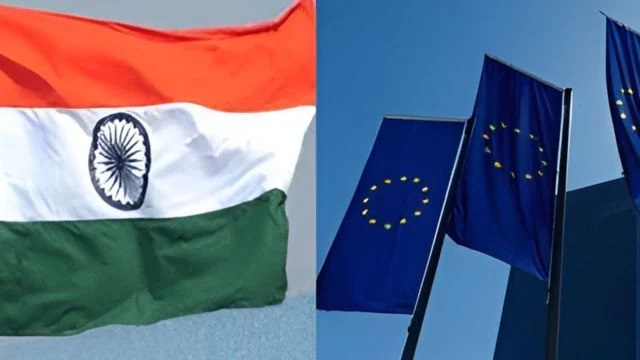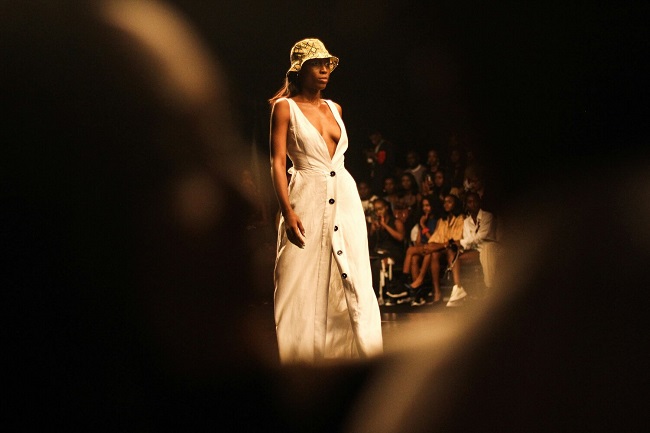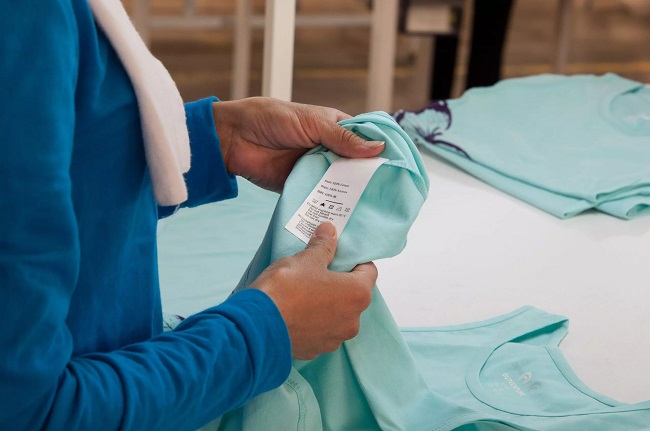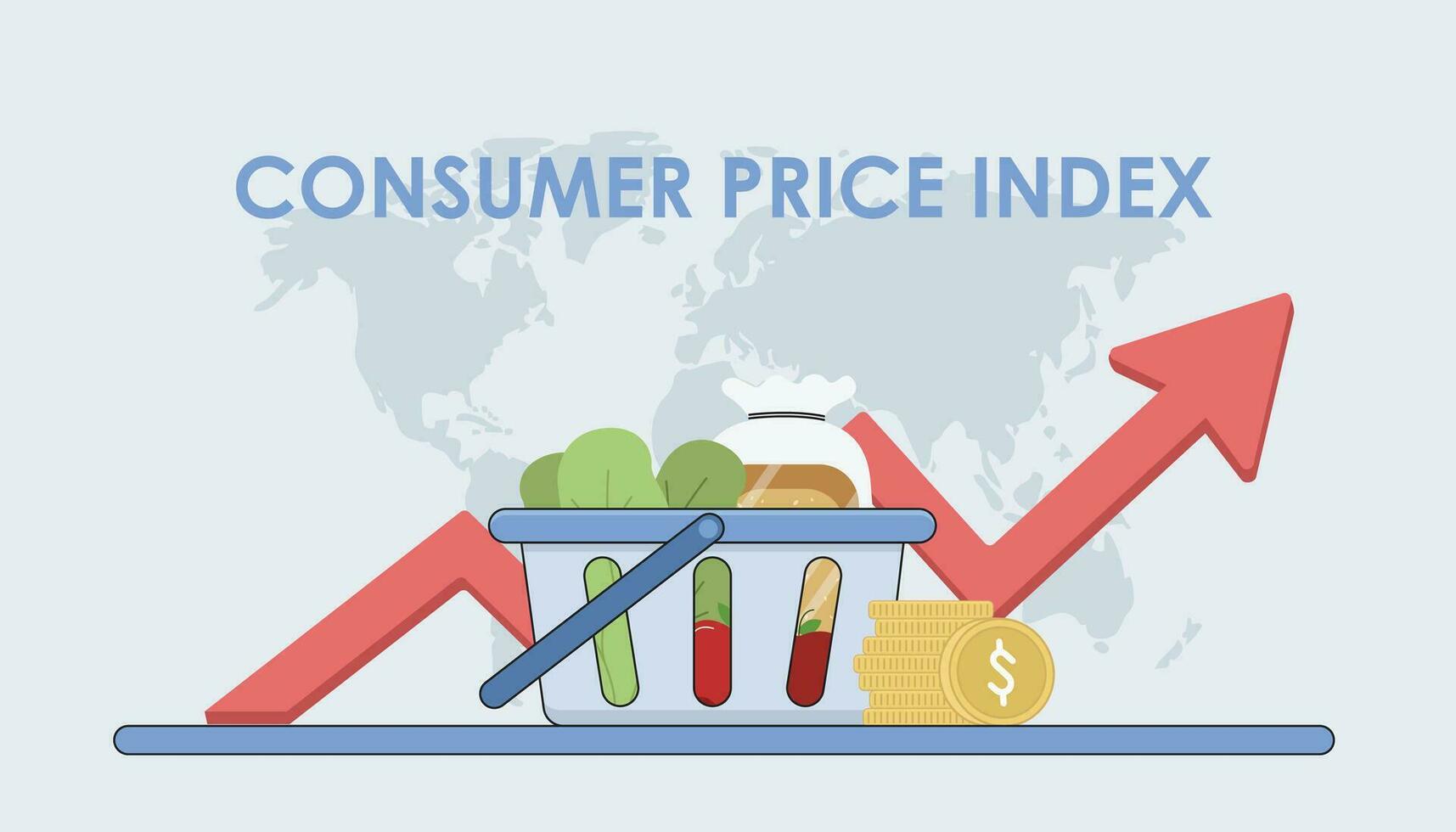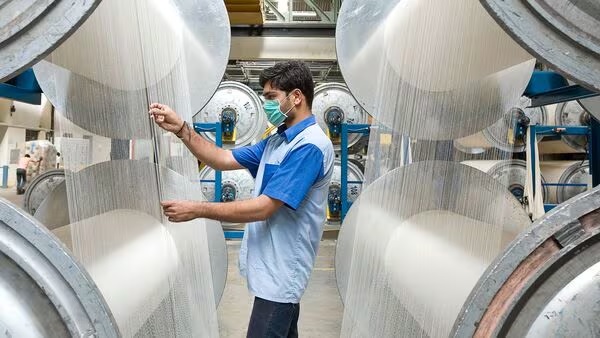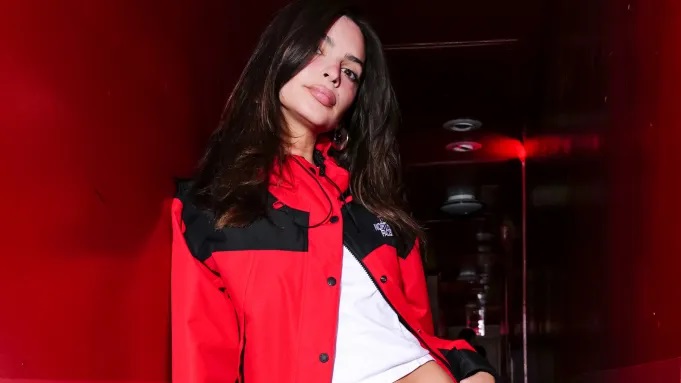"It took a disaster of the magnitude of Rana Plaza factory collapse in Bangladesh to stir clothing manufacturers out of their slumber and raise some pertinent questions on dangerous industry practices that were being followed across the world. The tragedy, which killed over 1,100 people besides injuring 2,500, compelled factory owners to examine whether their clothes are causing human suffering and whether their workers are being exploited or paid below living wage."
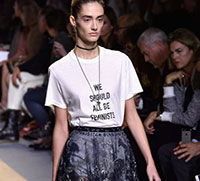 It took a disaster of the magnitude of Rana Plaza factory collapse in Bangladesh to stir clothing manufacturers out of their slumber and raise some pertinent questions on dangerous industry practices that were being followed across the world. The tragedy, which killed over 1,100 people besides injuring 2,500, compelled factory owners to examine whether their clothes are causing human suffering and whether their workers are being exploited or paid below living wage.
It took a disaster of the magnitude of Rana Plaza factory collapse in Bangladesh to stir clothing manufacturers out of their slumber and raise some pertinent questions on dangerous industry practices that were being followed across the world. The tragedy, which killed over 1,100 people besides injuring 2,500, compelled factory owners to examine whether their clothes are causing human suffering and whether their workers are being exploited or paid below living wage.
Six years since the Rana Plaza collapse, many new websites and apps dedicated to rating fashion labels on their ethicality, working conditions and supply chain transparency have being created. However, as an Oxfam report states, not a single garment worker still earns a living wage with some being paid as little as 55 per cents per hours. Being aware hasn’t helped as the exploitation hasn’t stopped.
Brands overlook greenhouse effect to prefer polyester
As per McKinsey & Company, the consulting firm which releases the annual State of Fashion report, the fashion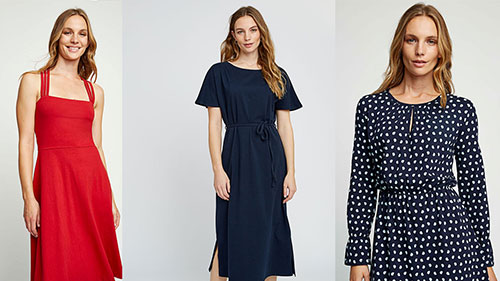 industry is responsible for 10 per cent of the world's greenhouse gas emissions. As Clare Press, presenter of the sustainable fashion podcast Wardrobe Crisis, notes, approximately 70 per cent clothes produced each year are made from synthetics. Of this, 70 per cent, polyester is one of the most common synthetic fibers used in our garments and shoes.
industry is responsible for 10 per cent of the world's greenhouse gas emissions. As Clare Press, presenter of the sustainable fashion podcast Wardrobe Crisis, notes, approximately 70 per cent clothes produced each year are made from synthetics. Of this, 70 per cent, polyester is one of the most common synthetic fibers used in our garments and shoes.
Kimberly Jenkins, a lecturer in fashion at Parson's School of Design in New York reveals the reason for this. She notes that as polyester has moisture wicking properties, yoga wear, sports clothing or athleisure wear is made of polyester.Baptist World Aid Australia, in its 2019 edition of Ethical Fashion Guide rated 400 brands on their systems to prevent slavery, child labour and environmental damage. However, it found that even companies that score an ‘A’ aren’t completely ethical. For instance, Adidas, the highest ranking brand, makes most of its garments with polyester. The brand has however, vowed to use only recycled polyester in its clothing and shoes by 2024.
Tackling one issue at a time
However, as per Clare Press, presenter of the sustainable fashion podcast Wardrobe Crisis, this is easier said than done. She advises brands to settle on one issue first and then go from there. On her part, Alyx Gorman, a fashion writer and engagement lead at Time Out, advises customers to check up on a brand’s parent company to evaluate its credibility.
Many labels are hiring people in the developing world. However,Kimberly Jenkins, a lecturer in fashion at Parson's School of Design in New York advises them to first provide adequate employment or educational opportunities to these people without which these opportunities are redundant.
Dealing with cultural insensitivity
Another ethical conundrum that needs to be addressed includes the cultural sensitivityshown by some of the world's biggest luxury labels in the past. For instance, a recent ad campaign by Dolce &Gabbana depicted a Chinese woman eating a pizza with chopsticks... a month later, Prada had to recall its red-lipped monkey key chains as the $550 figurines resembled blackface 'Sambo' character. This raises a pertinent question:why do brands — coincidentally, all luxury Italian labels — and many others keep making racially charged, culturally clueless gaffs?
Alyx feels, though societal standards regarding what’s appropriate and what’s not are changing, many brands are yet to catch up on these. Though these brands are jumping on the "wokeness bandwagon" — it's not always sincere.Last year, American NFL quarterback Colin Kaepernick became the face of Nike's Just Do It campaign, which marked the 30th anniversary of the slogan. Though Jenkins supports the collaboration with Kaepernick, she's still not a big Nike shopper as one who wants to see ethical treatment and a clean record in terms of what's going on in their factories and how their shoes are produced.
However, even these small step augers well for the industry as brands have now rolled up their sleeves to change the systems that harm people, animals and the planet.


